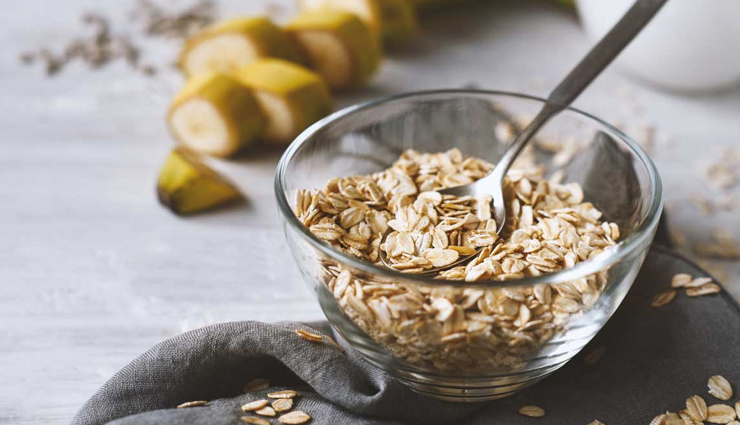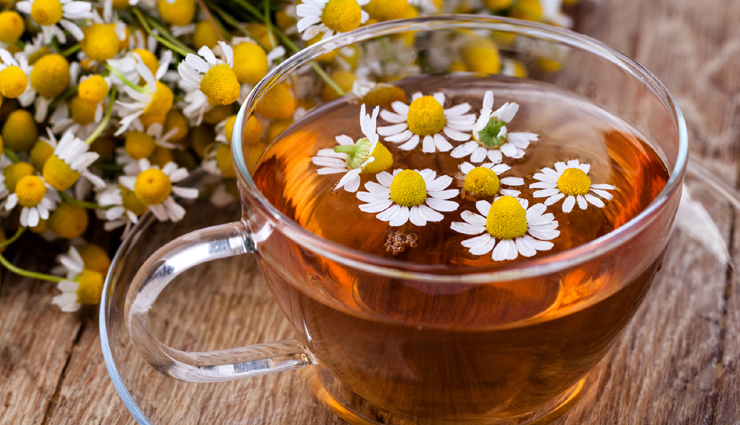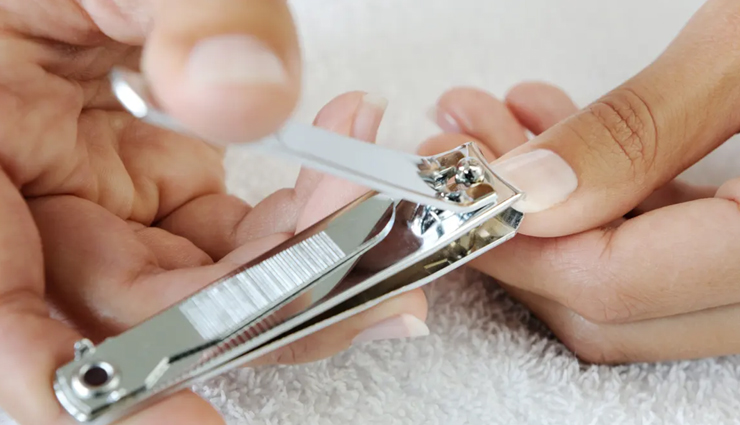- Home›
- Healthy Living›
- Know The Symptoms, Causes And Home Remedies Of Chicken Pox
Know The Symptoms, Causes And Home Remedies Of Chicken Pox
By: Priyanka Sat, 19 Dec 2020 1:47:18

There are many types of diseases, about which we do not fully know, but if they happen to us, then we are also very nervous. One such disease is smallpox. During this disease, people get nervous and many people even get it done. So, without delay, let us tell you what is the disease of smallpox, what are the reasons for its pursuit and what are the home remedies to get relief from it, which can help you.
Let us first know what are smallpox? Chicken pox, also known as chicken pox, is of two types. The first small mother means small pox and the second big mother means big pox. In this disease, red colored grains appear on the body, which cause both itching and pain. Apart from this, a person also has fever in this disease. Along with it, there are many other things like weakness, body pain, nothing good. This disease can happen from one person to another. Therefore, you should keep a distance from the person who has got this disease.
Fast facts on chickenpox
• Chickenpox is caused by the varicella zoster virus.
• Varicella has an incubation period of 10-21 days.
• Chickenpox is highly contagious.
• The infection spreads in a similar way to colds and flu.
• A diagnosis can normally be reached by observing the signs and symptoms.
Home remedies may help with certain symptoms and make the process more bearable. Below, we list possible remedies for each symptom.
Itchiness
• Many people with chickenpox will complain of the persistent itch associated with the virus.
• This symptom is especially difficult for children, as they may not understand that it is important not to scratch it.

Remedies for itchiness include:
Calamine lotion:
Calamine lotion is a mixture of zinc oxide and calamine. Gently applying it to the sores on the skin may help soothe itching.
Baking soda baths: Adding a cup of baking soda to a cool bath may help soothe itchy skin.
Oatmeal baths:
Adding colloidal oatmeal or ground, uncooked oatmeal to a warm bath may help reduce itchiness. Oatmeal contains helpful anti-inflammatory compounds called beta glucans, which may reduce inflammation and the intensity of the itchiness.
Cold compresses:
Wrapping an ice pack in a towel and gently applying it to itchy skin may help soothe the itch.

Chamomile tea:
Applying cooled chamomile tea or adding chamomile flowers to a bath may also help soothe the itch, due to chamomile’s anti-inflammatory and antibacterial properties.
Antihistamines:
Oral antihistamines such as diphenhydramine (Benadryl) may help some people manage symptoms.
Distraction:
Although this is not a treatment, in many cases, simply taking the mind off the itch may be enough to resist the urge to scratch it. Playing games, reading, or watching engaging movies can be a good distraction, especially for children.
Preventing itching is also a vital part of treatment. Scratching the sores can make itching worse and may increase the risk of complications, such as open sores that bleed or develop a secondary infection.

Prevention tips include:
• Cutting the nails short to avoid creating cuts in the skin
• Putting clean socks on the hands at night to avoid scratching while sleeping
• Wearing loose fitting clothing made from natural fibers, such as cotton
• Patting the body dry with a clean towel after bathing, rather than rubbing the skin
• Avoiding exertion or becoming too hot or sweaty, as this may irritate the sores
• Not eating foods that are hot or spicy if mouth sores are present

Fever and pain
• Many people with chickenpox develop a fever and will experience aches and pains.
• Using over-the-counter (OTC) medications such as acetaminophen may help reduce symptoms of pain.
• There are also children’s versions of these medications available.
• Always follow the dosage instructions on the package or any special dosage instructions from a doctor or pharmacist.
Mouth sores
People can try the following home remedies for sores that develop in the mouth:
Popsicles: Sucking on popsicles may help reduce the itchiness and pain in the mouth. Ice cubes will also work, though they may not be as enjoyable.
Chamomile tea: Sipping or swishing chamomile tea in the mouth may help reduce the inflammation that leads to itchiness and pain.





